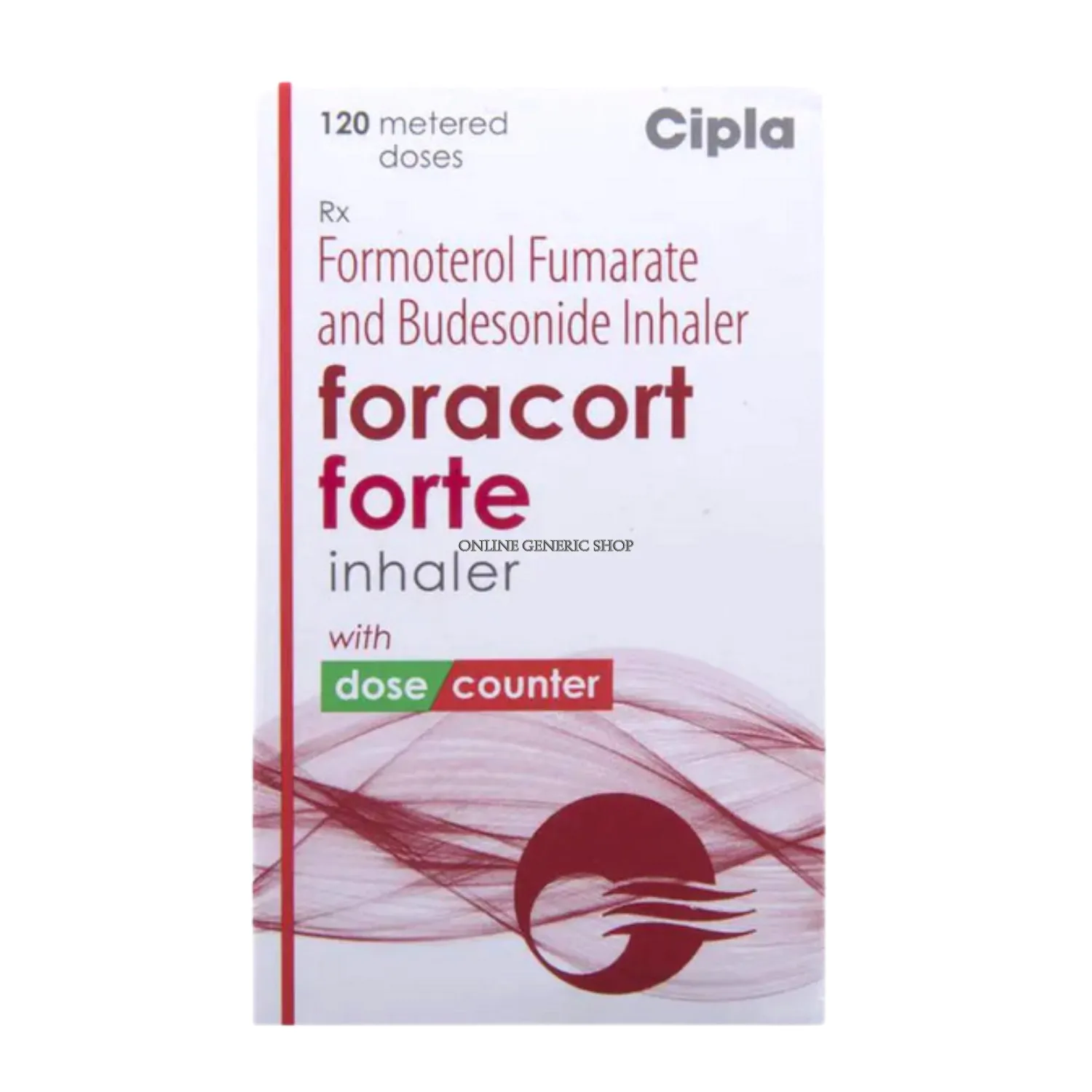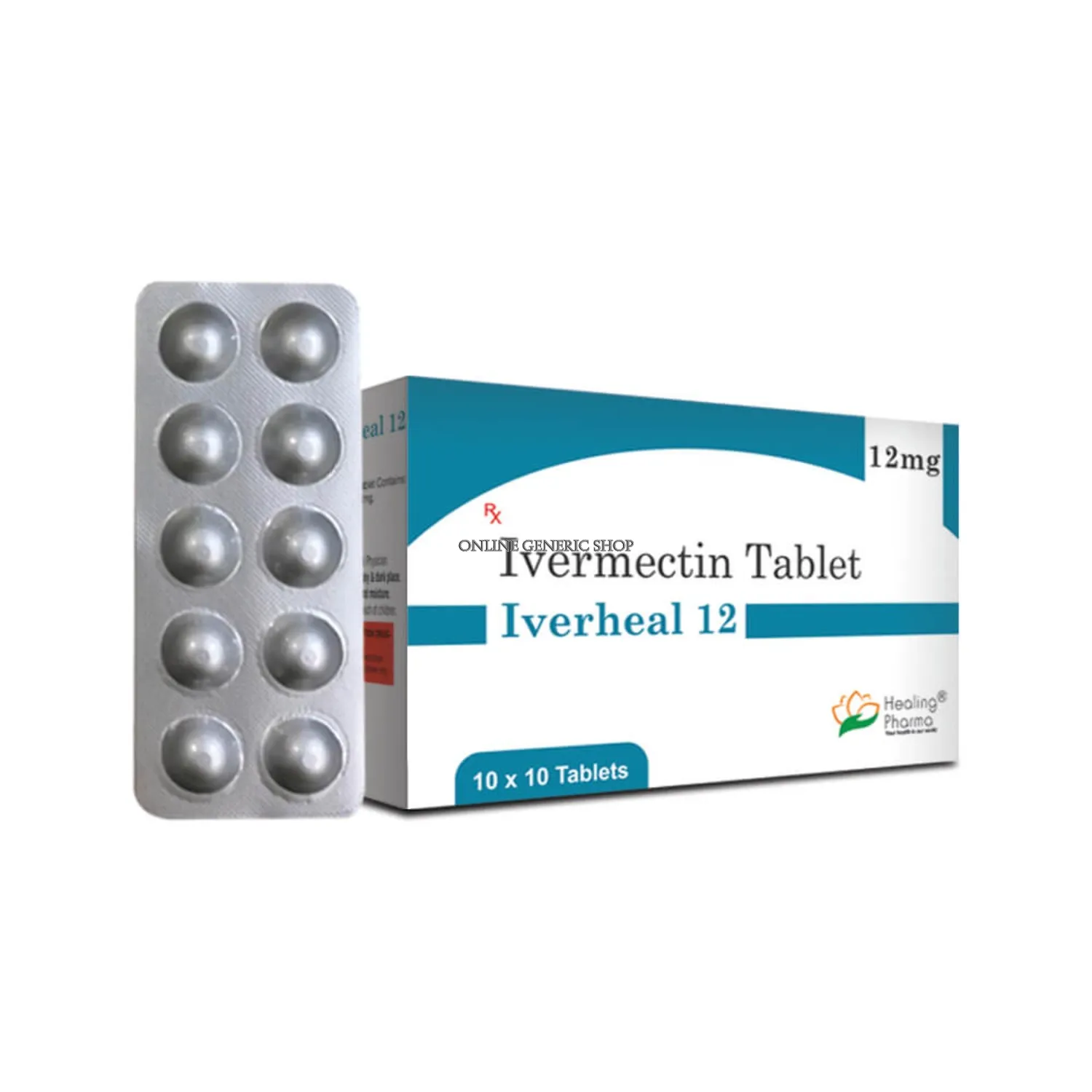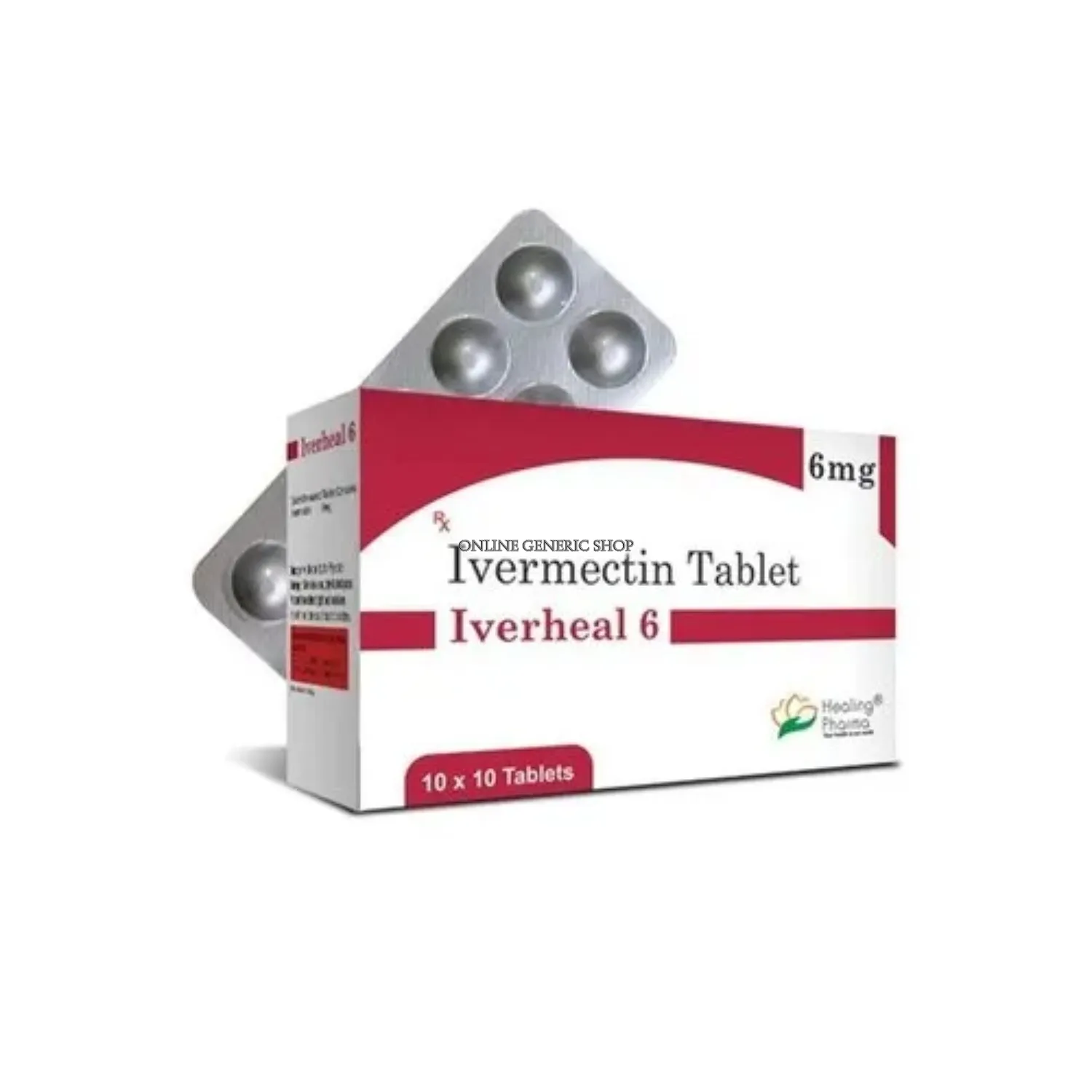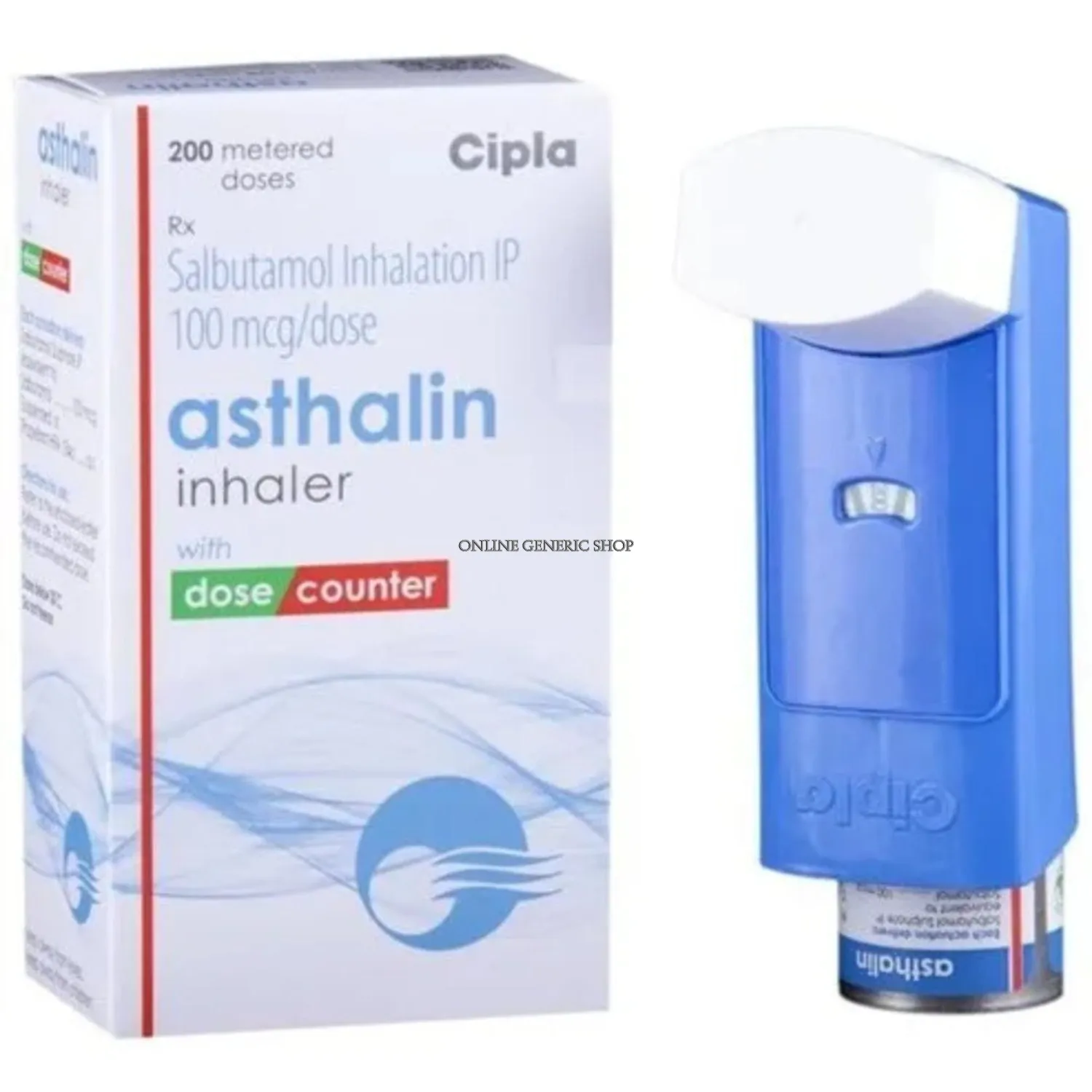Product Grid
Asthma
Asthma is a long-term disease that affects the airways. It is the inflammation and the narrowing of the lungs that occurs inside the lungs, which restricts the air supply.
A person living with asthma may experience:A person living with asthma may experience:
- Tightness in the chest
- Wheezing
- Breathlessness
- Coughing
- Increased mucus production
During an asthma attack, symptoms worsen to the point that they become more difficult to control. Assaults can start unexpectedly, and the severity can be from mild to life threatening.
In some cases, the swollen airways can block the oxygen from reaching the lungs. Therefore, the oxygen cannot be absorbed by the bloodstream and transported to vital organs.
Consequently, the patients who suffer from severe symptoms are in dire need of immediate medical assistance.
A doctor can write a prescription to the person and tell him/her how to control the asthma symptoms.
Causes Of Asthma
Asthma is a complex disease for which it is not clear why some people get it and others don't, however, it is likely to be a result of environmental and inherited factors.
Asthma Triggers
The exposure to different irritants and substances that have the potential to trigger allergies is what causes the symptoms of asthma.
Asthma triggers are different from person to person and can include:Asthma triggers are different from person to person and can include:
- Airborne allergens like pollen, dust mites, mold spores, pet dander or even cockroach waste particles are the main culprits.
- Respiratory infections, one of which is the cold.
- Physical activity
- Cold air
- Air pollutants and irritant gases, like smoke.
- Some drugs, like beta blockers, aspirin, and nonsteroidal anti-inflammatory drugs (Advil, Motrin IB, others and naproxen sodium (Aleve)) are among them.
- Strong emotions and stress
- For example, sulfites and preservatives are usually added to some products, such as shrimps, dried fruits, processed potatoes, beer and wine.
- Gastroesophageal reflux disease (GERD), which is a condition where the stomach acids go up into your throat, is one of the ailments that we will be discussing.
What Are The Symptoms Of Asthma?
The classic features of asthma are shortness of breath, coughing (usually worse at night) and wheezing (whistling sound when air flows through an airway that has narrowed down, usually while breathing out).
Many patients also report cardiac discomfort. The symptoms of asthma are episodic, and individuals with asthma can go for a long time without any symptoms.
Common asthma triggers include: pets, dust mites, cockroaches, molds, and pollens as well as exercise, and viral infections. Some of the triggers are strong emotions, smell exposure and temperature extremes. Tobacco use or secondhand smoke exposure is a factor that hinders the asthma management.
Lots of the features and manifestations which are common in asthma are also nonspecific and can be seen in other diseases as well.
Symptoms that may indicate other problems instead of asthma include new symptoms appearing at older age, the presence of associated symptoms (e.g., chest discomfort, dizziness, palpitations, and fatigue), and ineffectiveness of medications used for asthma.
The physical exam for asthma is usually normal. Occasionally, wheezing is present. In the case of an asthma exacerbation, the respiratory rate goes up, the heart rate goes up, and the work of respiration increases too.
Some individuals may need the use of accessory muscles to breath and breath sounds may be muffled. It is necessary to mention that the blood oxygen level usually stays stable even in the case of a severe asthma attack.
Therefore, the low blood oxygen level is a big concern for the respiratory failure that is imminent.
Diagnosis
There is no one test or exam that can conclude about your or your child's asthma. In this case, healthcare professionals will not use the list of symptoms as the only criterion to determine whether your symptoms are due to asthma.
The following steps can help healthcare professionals diagnoseTrusted Source asthma:The following steps can help healthcare professionals diagnoseTrusted Source asthma:
Health history:
Inform your doctor if your parents or siblings have asthma because this can indicate that you are at a higher risk for the condition.
Physical exam:
The physician will be listening to your lungs by using a stethoscope. They can also do a skin test to check for any allergic reaction like hives or eczema. Allergies are the main factor that causes asthma.
Breathing tests:
Pulmonary function tests are performed to determine the amount of air that goes into and out of your lungs. The most common test, spirometry, is a device that you blow into which measures the air speed.
What Are The Classifications Of Asthma?
Asthma is a disease that can present in multiple forms. In some instances, the symptoms are so mild that they do not require any medical treatment at all.
Such as being very painful or even life threatening. The medical experts grade the severity of asthma from mild to critical. These types are mainly defined by the frequency and severity of the asthma symptoms and response to the treatment.
The National Asthma Education and Prevention Program has classified asthma into the following:
The National Asthma Education and Prevention Program has classified asthma into the following:
Mild intermittent asthma:
The greatest number of people who have asthma have a mild asthma. The symptoms are mild and comes out two days of the week or two nights of the month.
Mild persistent asthma:
The symptoms are not serious but they happen more than two times a week. This type of classification involves the symptom not recurring more than once a day.
Moderate persistent asthma:
In the case of moderate persistent asthma, a person faces symptoms regularly, that appear once each day or on most days and at least one night each week.
Severe persistent asthma:
The symptoms appear several times a day, also in many nights each week. In addition, it is not receptive to the medication even when taken daily.
How Can You Tell if You Have Asthma?
It is sometimes difficult to identify if a child has asthma, especially for children under the age of 5. Allergies and asthma tests done by a doctor can help you find out if you suffer from asthma.
In a diagnostic checkup, the doctor will ask if you cough a lot, particularly at night. He or she will also ask whether your breathing problems are worse after physical activity or in some specific seasons. The doctor will then ask about chest pain, wheezing, and persistent colds lasting more than 10 days.
The healthcare provider will pose questions such as: do any of your family members suffer from asthma, allergies, or other breathing conditions. In the end, the doctor will be inquiring about your home and if you have missed school or work or have trouble doing certain things.
The doctor may also do a spirometry test, in which your breathing is monitored to find out how much air you can breathe out after taking a very deep breath before and after using an asthma medicine.
How Long Asthma Lasts For ?
Asthma is what is called a chronic condition for many people, especially if it first appears when you are already an adult.
In children, it may disappear or become better with the teenage years, but it can come back later in life.
The symptoms are most often managed through treatment. For the majority of people, normal and active lives without any serious issues are theirs, although the ones with more severe asthma may continue to experience problems.
Self-care
For asthma patients and their families to be aware of their asthma, it is important to provide education to understand more about asthma. This is what they can get, the treatment options, the triggers to avoid, and how to manage their symptoms at home.
The knowledge of when to increase their treatment during the times when their symptoms are worsening is vital for people with asthma so that they can avoid severe attacks.
Healthcare providers may give an asthma action plan to facilitate people with asthma to act as their own treatment leaders.
What Should I Do If I Have A Severe Asthma Attack?
You should use the rescue inhaler whenever you are feeling the symptoms and you can use it more frequently if your flare is severe.
If your rescue inhaler doesn’t help or you don’t have it with you, go to the emergency department if you have:If your rescue inhaler doesn’t help or you don’t have it with you, go to the emergency department if you have:
- Anxiety or panic.
- Fingernails that are bluish, lips that are bluish (in light-skinned people), or lips or gums that are gray or white (in dark-skinned people).
- Chest pain or pressure.
- Chronic coughing that does not stop or heavy wheeze every time you breathe.
- Difficulty talking.
- Pale, sweaty face.
- It is the very fast or rapid breathing.
Management and Treatment
What are the treatment options for the asthma?
You have the choice to assist in the management of your asthma. Your doctor may prescribe medicine, which is aimed at symptom control. These include:
Bronchodilators:They act on the smooth airway muscles to relax them. The muscles that were relaxed allowed the airways to move the air. In addition, they enable the mucus to pass smoothly through the airways. These drugs basically ease your symptoms when they appear and are used for both infrequent and regular asthma.
Anti-inflammatory medicines:
These drugs are used to reduce inflammation and mucus production in the airways. They provide an inlet and outlet for the air in your lungs. Your physician will probably prescribe them to be taken every day to keep your asthma symptoms under control or to prevent them.
Biologic therapies for asthma:
They are applied for severe asthma when the symptoms still remain even after the correct inhaler therapy is given.
There are many different methods of taking asthma drugs. You can inhale the drug via metered dose inhaler, nebulizer, or other inhaler devices. Your healthcare provider may give you oral medications that you will be swallowing.
What is asthma control?
The objective of asthma treatment is to relieve symptoms of problem. Asthma control means you:
You can make your dream job happen and do the things you wish for in your personal life.
Do not (or have minimal) asthma symptoms.
Only resort to your reliever drug (rescue inhaler) a few times a year.
Without asthma denying you the much needed sleep.
What is the way of detection of asthma symptoms?
The best way for you to do this is to monitor your asthma symptoms. It is such a vital part of managing the disease. Your healthcare provider may request you to use a peak flow (PF) meter.
This tool is used for measuring the amount of air you can expel from your lungs in a short period of time. It may aid your doctor in deciding the next steps for your treatment. It also helps you to know if your symptoms are getting worse.

SUGGESTION FORM
PRODUCT REQUEST FORM




.png.webp)
